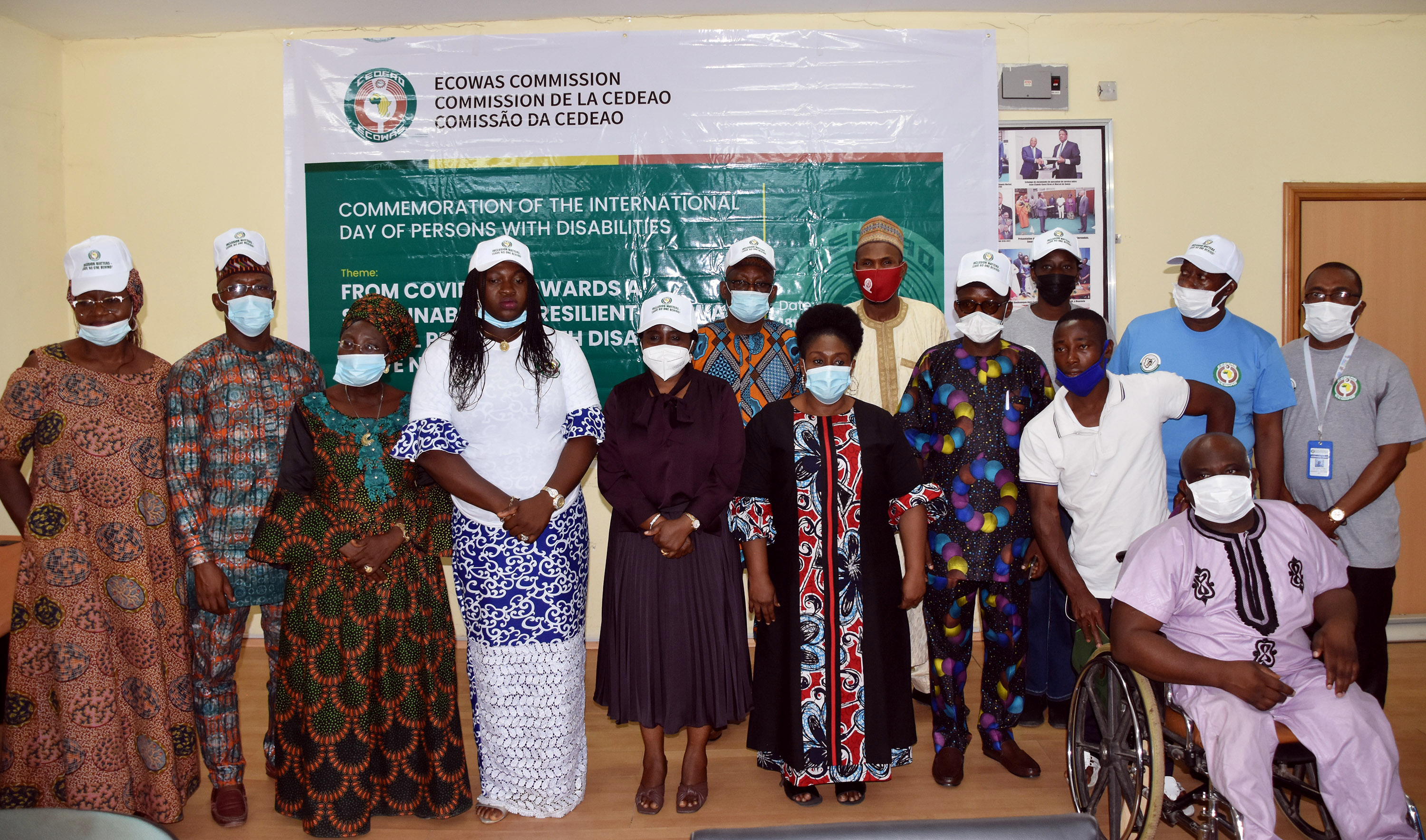Business
NNPC Justifies $1.5bn PH Refinery Rehab Cost

The Group Managing Director of the Nigerian National Petroleum Corporation (NNPC), Mallam Mele Kyari, has moved to justify the $1.5billion contract cost for the rehabilitation of the Port Harcourt Refinery, saying a new one may cost up to $12billion to build.
A statement by the corporation, yesterday, said the scope of contract goes beyond just turn around maintenance of the refinery to entail replacement of key components of the plant.
Kyari described the approved rehabilitation contract of the 210,000 barrels per day capacity refinery as a worthy undertaking embarked upon after diligent consideration and in strict adherence to industry best standards.
He explained that in arriving at the decision to award the Engineering, Procurement, and Construction (EPC) contract to Tecnimont SpA of Milan, Italy, after a competitive bidding process, the corporation observed an unprecedented level of transparency and due diligence which consists of a governance structure and tender process that included key independent external stakeholders.
He said: “We have people saying why not build a new one; why will you repair an old refinery with $1.5billion?
“The fact is available even by Google search, what it takes to build a refinery of this status today. It will be difficult for the country to build a new refinery as it will take four years for it to commence production.
“It is around $7billion and $12billion to construct a refinery of this nature (Port Harcourt refinery). This is the estimate you see in public space and there are things you do outside the construction battle-limits like the utilities that are never accounted for when estimates of this nature are done.
“Typically, there is an additional 25 per cent cost for construction battle-limits, so, when you say a refinery can be built at $7billion or even $10billion, also think of that 25 per cent”, he added.
He continued: “With today’s estimate, you cannot build a refinery at any cost below these amounts, that means that the option you have is to scrap this and build a new one, and we all know that we don’t have that resource.
“If we start a new refinery of this nature today, it can’t work in less than four years; therefore, it means we will continue to import petroleum products in the next four years or more”.
Business
Agency Gives Insight Into Its Inspection, Monitoring Operations

Business
BVN Enrolments Rise 6% To 67.8m In 2025 — NIBSS

The Nigeria Inter-Bank Settlement System (NIBSS) has said that Bank Verification Number (BVN) enrolments rose by 6.8 per cent year-on-year to 67.8 million as at December 2025, up from 63.5 million recorded in the corresponding period of 2024.
In a statement published on its website, NIBSS attributed the growth to stronger policy enforcement by the Central Bank of Nigeria (CBN) and the expansion of diaspora enrolment initiatives.
NIBSS noted that the expansion reinforces the BVN system’s central role in Nigeria’s financial inclusion drive and digital identity framework.
Another major driver, the statement said, was the rollout of the Non-Resident Bank Verification Number (NRBVN) initiative, which allows Nigerians in the diaspora to obtain a BVN remotely without physical presence in the country.
A five-year analysis by NIBSS showed consistent growth in BVN enrolments, rising from 51.9 million in 2021 to 56.0 million in 2022, 60.1 million in 2023, 63.5 million in 2024 and 67.8 million by December 2025. The steady increase reflects stronger compliance with biometric identity requirements and improved coverage of the national banking identity system.
However, NIBSS noted that BVN enrolments still lag the total number of active bank accounts, which exceeded 320 million as of March 2025.
The gap, it explained, is largely due to multiple bank accounts linked to single BVNs, as well as customers yet to complete enrolment, despite the progress recorded.
Business
AFAN Unveils Plans To Boost Food Production In 2026
-

 News4 days ago
News4 days ago2026 Budget: FG Allocates N12.78bn For Census, NPC Vehicles
-

 Sports3 days ago
Sports3 days agoAFCON: Osimhen, Lookman Threaten Algeria’s Record
-

 Politics3 days ago
Politics3 days agoWike’s LGAs Tour Violates Electoral Laws — Sara-Igbe
-

 Politics3 days ago
Politics3 days agoRivers Political Crisis: PANDEF Urges Restraint, Mutual Forbearance
-

 Sports3 days ago
Sports3 days agoNPFL To Settle Feud between Remo Stars, Ikorodu City
-

 Sports3 days ago
Sports3 days agoPalace ready To Sell Guehi For Right Price
-

 Sports3 days ago
Sports3 days agoArsenal must win trophies to leave legacy – Arteta
-

 Sports3 days ago
Sports3 days agoTottenham Captain Criticises Club’s Hierarchy

